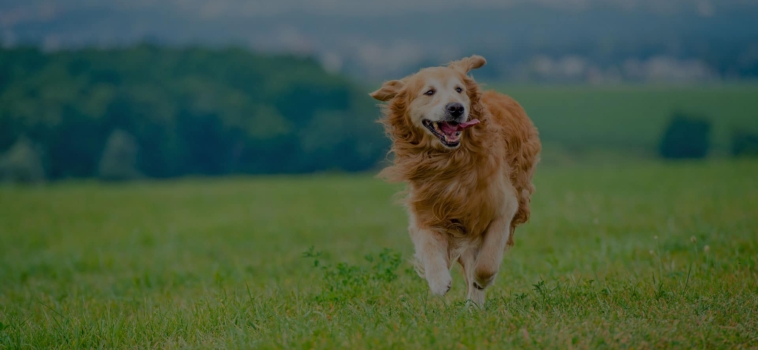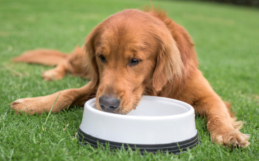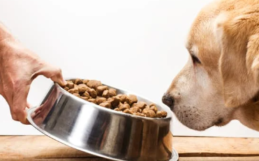Torontonian pooches could be at a greater risk of catching kennel cough right now. It seems the virus is spreading around the city (as if we don’t have enough to worry about right now!), so we wanted to brush up on our kennel cough facts to help.
Kennel cough, also known as canine infectious tracheobronchitis, is an infection in your dog’s respiratory system that is caused by a variety of bacteria and viruses. It creates inflammation in your pup’s respiratory tract. It is highly contagious and is spread through the air and through dog bowls/toys as well. Dogs who are at greater risk are puppies with an immature immune system as well as older dogs with a weakened immune system.
How to tell if your dog has kennel cough:
The most common symptom of kennel cough is a dry, honking cough. Most cases are mild, with the dog having a cough but still maintaining their playful energy and appetite.
In more serious cases, other symptoms that can present are a runny nose, diminished appetite, low-grade fever or lethargy. A secondary infection can occur and can present in a wet cough, which can turn into life-threatening pneumonia.
Treatment:
It can take 4-10 days for the symptoms of kennel cough to appear in dogs. If you suspect your dog to have kennel cough, you should see your vet. There is no test for kennel cough so it will be a diagnosis of exclusion.
In mild cases, no medications are required and will run its course within 7-14 days. If symptoms don’t improve after 7-14 days, or symptoms worsen, your pup should be re-examined to see if further treatment is necessary. Since kennel cough can progress to pneumonia in more serious cases, it is important to track your dog’s progress and take them to the vet immediately.
The bottom line is, if you suspect your dog has kennel cough, take them to the vet to seek advice and treatment. In most cases, you will just have to isolate them from other dogs to avoid spreading it. This seems to be something we are all becoming pros at, so hopefully we can stop the spread of kennel cough for our pups’ sakes!





